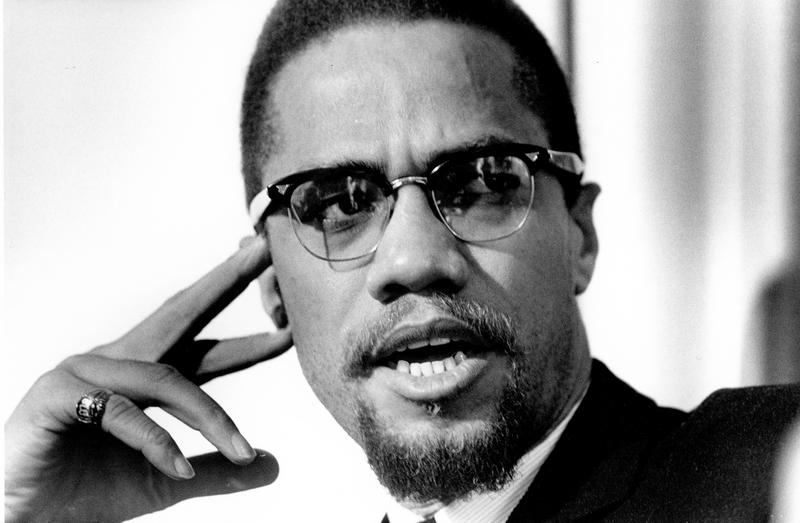The Life And Mysterious Murder Of Malcolm X
By | February 5, 2022

Malcolm X was a controversial but important American Civil Rights leader during the 1960s who promoted Pan-Africanism and encouraged his followers to fight back against their oppressors "by any means necessary." Violence was something Malcolm Little encountered at an early age, as his parents (both activists themselves) were often harassed by white supremacist groups like the Ku Klux Klan and the Black Legion because his Baptist minister father often preached about Civil Rights. In 1929, their home was burned down, with suspicions aimed at the Black Legion, and at age six, he lost his father to what was officially ruled a streetcar accident but many in the community believed to be a murder committed by the Black Legion.
After his father's demise, his family fell into extreme poverty and his mother was eventually institutionalized. Despite doing well in school, his white teachers dissuaded him from pursuing a career in law, instead suggesting he learn a trade like carpentry. Disillusioned, he eventually dropped out and turned to petty crime. In 1946, he was arrested for burglary and sentenced to eight years in prison.

During his incarceration, he threw himself into books, found religion, and became deeply interested in the Nation of Islam, a black nationalist organization. It was at this time that he dropped the surname "Little," denouncing it as a "white slavemaster name," and replaced it with a simple "X" for the unknown name his family had when they lived in Africa. Upon his release, he joined the N.O.I. and began ministering in Harlem to increasingly large crowds, thanks to his charisma and oratory skills.
However, when the L.A.P.D. raided a Nation of Islam mosque, paralyzing one member and killing another, Malcolm X was not against using force in response. "Let [the white man] know that if he's not ready to clean his house up," he said, "he shouldn't have a house. It should catch on fire." His message stood in contrast to contemporary Civil Rights leader Martin Luther King, Jr., who insisted on nonviolent tactics even as his followers were injured or killed by police brutality and white supremacist groups. Malcolm X refused to stand for such "defenselessness" and called King a "modern Uncle Tom." Due to his controversial message, both the N.Y.P.D. and the F.B.I. kept close tabs on Malcolm X.

However, it was his eventual conflict with the Nation of Islam itself that may have led to his demise. After clashing with mentor Elijah Muhammad, he left the ministry to travel the world and meet with other people of the faith, eventually converting to Sunni Islam and visiting Mecca. His views softened somewhat during this journey, and he eventually grew to appreciate King's perspective, even if he didn't agree, and for the first and only time in person, the pair met in Washington, D.C. on March 26, 1964 to discuss upcoming legislation. The meeting was brief, but they made plans to meet again soon, unaware that one of them wouldn't live another year.
After his break from the N.O.I., Malcolm X publicly accused Elijah Muhammad of polygamy and abuses of power, knowingly putting himself at risk for retaliation. When he was shot 21 times in a theater on Feb 21, 1965, it wasn't a major surprise that three N.O.I. members were arrested and eventually convicted of his assassination. However, Malcolm X had many enemies at the time of his death, and many in the community believed a larger conspiracy involving the N.Y.P.D. and/or the F.B.I. was responsible. They may have been right, as it was later revealed that the F.B.I. held back evidence which would have exonerated the suspects, and after 56 years, two of the three convicted (one had died in prison) were officially exonerated.

